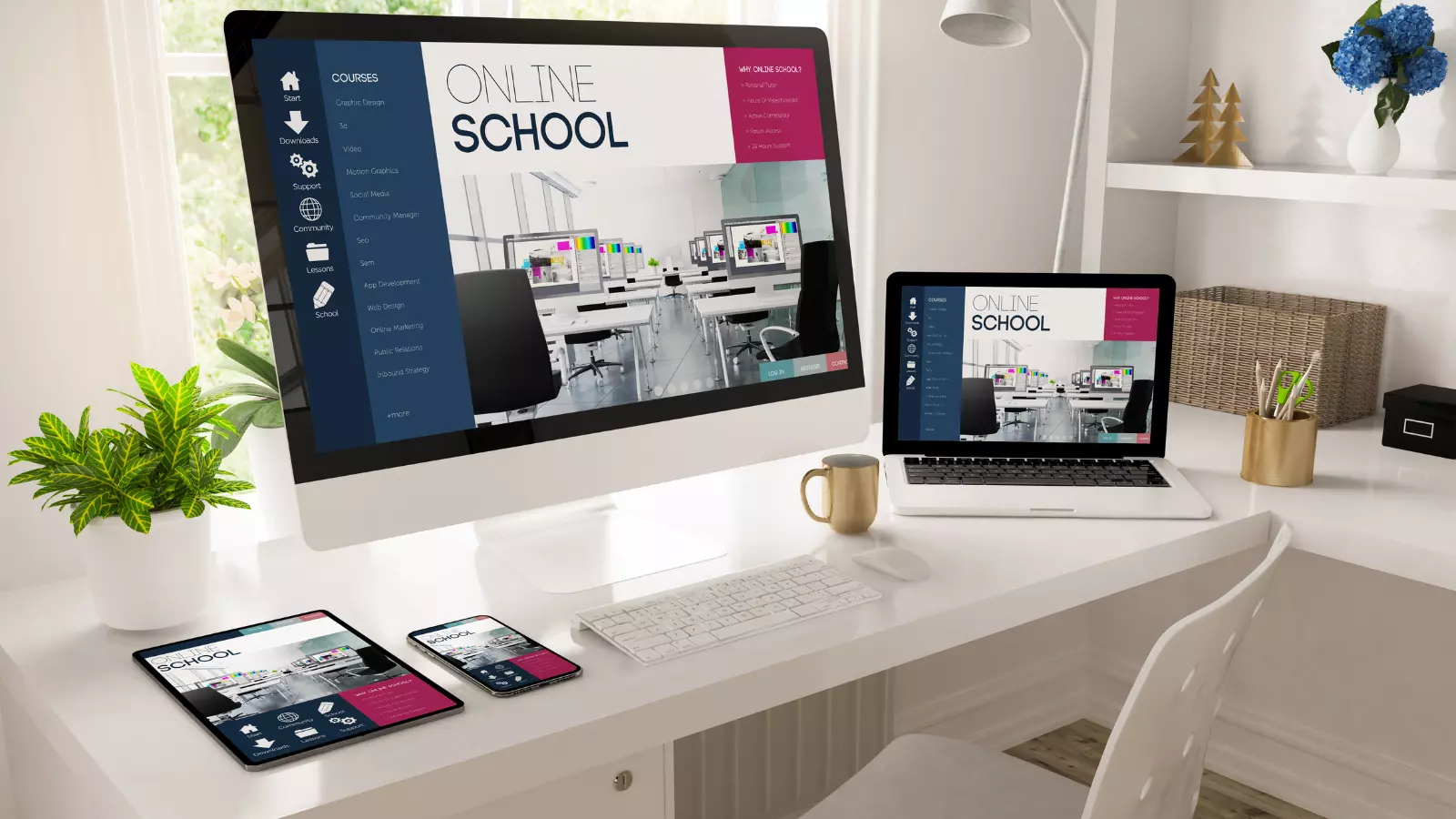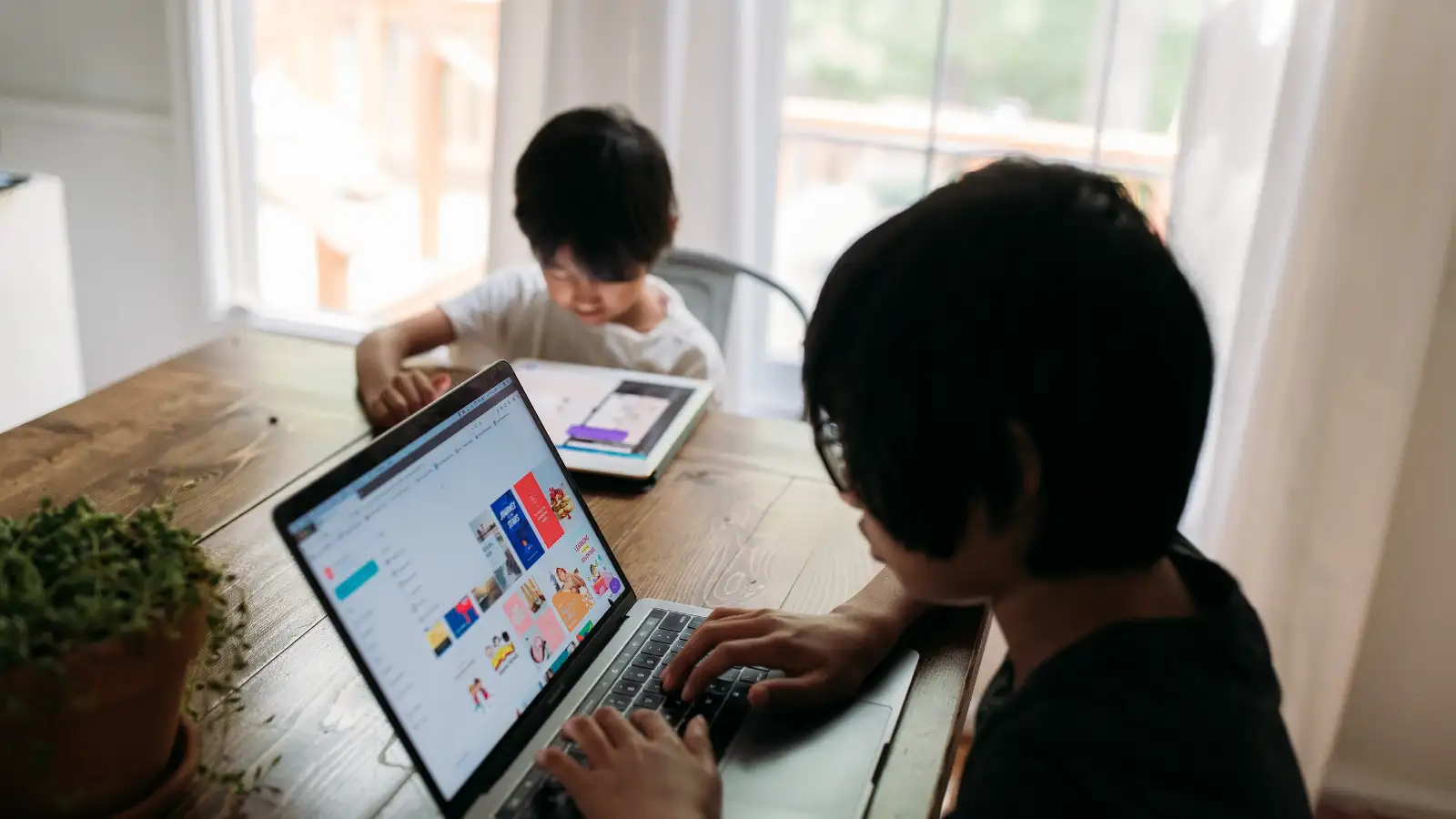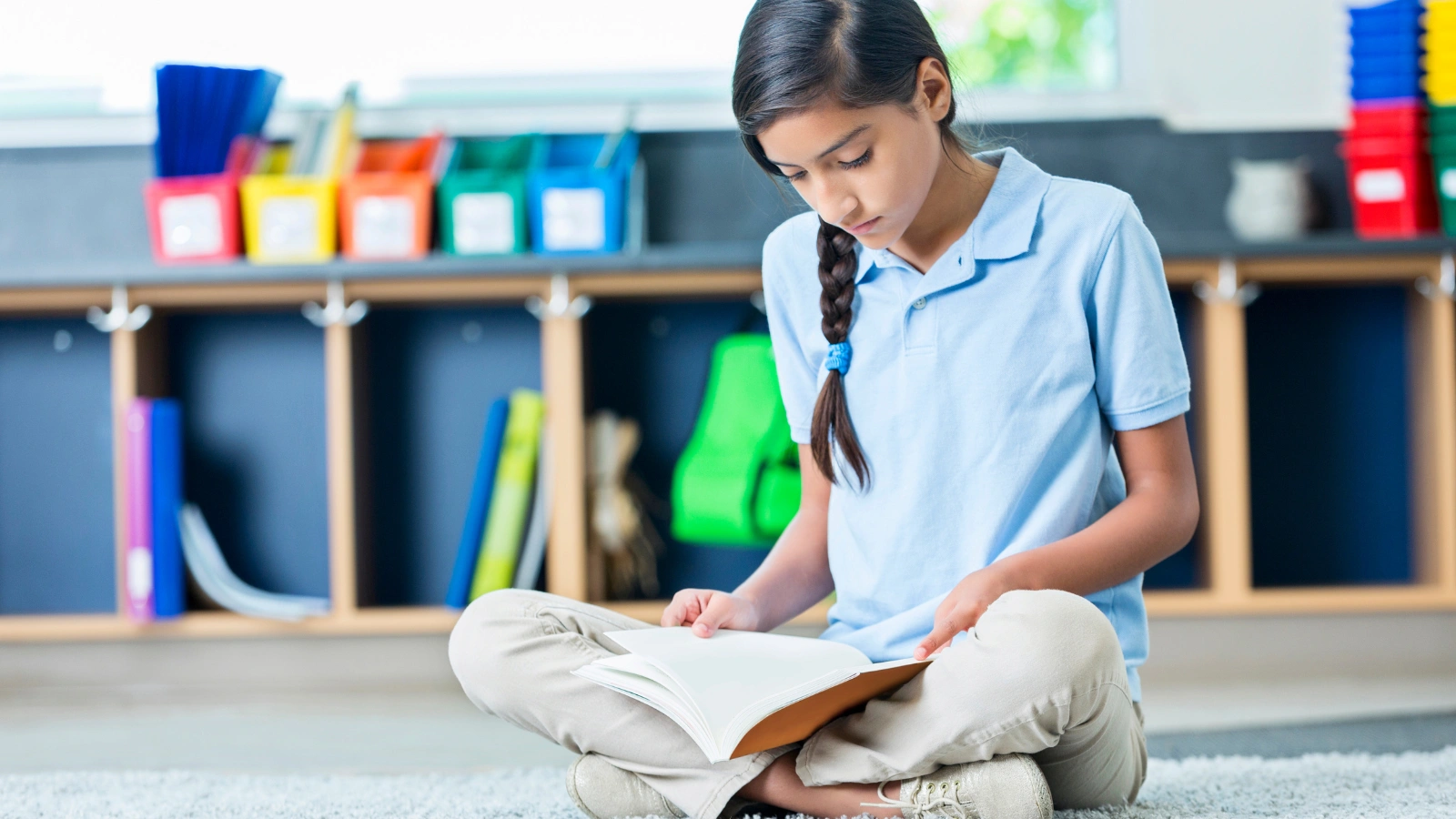Advancements in information technology have had a transformative impact on every aspect of our lives. It is impossible to envision a world without these technologies. Much like all other sectors of human life, education has also been impacted by modern advancements in digital technologies. The incorporation of digital devices to assist learning has become commonplace and remote learning has undergone an exponential increase as well.
The traditional public school systems were not immune to the impacts of such technological advancements. However, COVID-19 pandemic catapulted every school system, public, charter, or private, into a whole new landscape involuntarily. Even though the pandemic is now over and millions of students returned to the brick-and-mortar school system, many public school districts present online education options to their students across the nation. The proliferation of remote learning in the public and private sectors has its pros and cons.
While there is no arguing that remote learning is here to stay, it is necessary to scrutinize each type; online district schools, charter schools, and online private schools, to figure out which one is the best fit for your child.
In this article, we provide a detailed comparison between online private schools and online public schools, both district and charter.
Key Differences between Online Private and Public Schools
Fee and Tuition
The fundamental difference between online private schools and online public schools is that the former requires admission fees and monthly tuition that must be paid to gain access to the remote classroom.
Public online schools including online charter schools are, however, for free for any students who live in their geographical area. While districts may not accept students outside their boundaries, online charter schools may accept students statewide, in states where they are approved to operate.
Curriculum
Another difference between online private schools and public schools lies in their curriculum. Online public schools follow a standardized curriculum that is approved by their board of education.
Contrarily, online private schools design their own curriculum, typically more flexible and personalized than public schools. What they teach is the prerogative of the private institution and can be customized to fit the needs and the requirements of the class or even individual students.
Better opportunities
Finally, because online private schools have barriers to entry in terms of cost and admission requirements (entrance exams, recommendation letters, past academic performance, etc.) they are much more exclusive than public schools. They are also smaller in student population, which means a better student-to-teacher ratio.
Additionally, online private schools tend to be more innovative and nimble, implementing latest technologies and unique educational approaches because they are not restricted to as much government restrictions and policies.
Public schools, online and brick-and-mortar, are bound by policies that sometimes hinder innovation and personalization. For example, in many districts, students have to be junior or senior to take dual credit college courses. In a private school, however, students may do so as early as in grade nine if they have the academic aptitude and motivation.
Weighing the Pros
When comparing online private and online public schools, note that their technology requirements would be similar, good internet connections, laptops, tablets, etc. It is important to examine the pros of both to decide which one is a more viable, better option for your child.
Online Private Schools
Here are the major benefits of an online private school.
✅They offer a high-quality educational environment in the safety and security of your home.
✅While the curriculum of online public schools is rigid,the curriculum of online private schools is highly flexible and can even be customized to the level of individual students.
✅Excellent option for differently-abled students, especially those with mobility issues or social anxiety.
✅Perfect for students who wish to pursue special courses or programs that may not be offered elsewhere.
✅Incorporation of cutting-edge technology which saves time and assists in the process of learning.
An excellent option for high-performing students: they can complete four years of coursework in two or four years and graduate from high school early.
Online Public Schools
The advantages of online public school could be as follows:
✅Free
✅Access to education from the comfort of your own home. This alleviates any safety concerns and enables students with certain conditions, like social anxiety, to enjoy a regular school environment.
✅Open for all, any kid within a district can get free education from the designated online public school for that district.
✅Saves time and cost of commuting to and from the school.
✅Standardized curriculum means that students can easily switch between remote learning and on-site learning.
Choosing the Appropriate Remote Learning Platform
Education holds the key to your child’s future. It is an investment in time, money, and effort that will potentially impact your children for the rest of their lives. The stakes, as a result, are quite high when choosing a school that meets your child’s needs and goals.
If you consider online schooling for your child and has limited means, then online public school would be your safest bet.
If you can afford it, online private schools are, on average, superior to their public counterparts in many aspects. Online private schools like Global Town School (GTS) are much more advanced in teaching techniques, methodologies, and flexibility the provide.
GTS seamlessly incorporates modern technologies to maximize the benefits of remote learning. Furthermore, as an online private school, we offer a personalized curriculum and programs tailored to the needs of the students.
GTS is truly at the helm of improving education and creating an atmosphere where students are in control of their academic and personal path, with great support. One-on-one success coaching is offered to ensure children’s personal development is taking place in lockstep with their academic development.






